By June, 100% of provinces and cities maintained and met the standards for universal primary and secondary education . Of which, 64% of provinces and cities were recognized as meeting the standards for universal primary education level 3 (an increase of 6% compared to the same period last year); 27% of provinces and cities met the standards for universal secondary education level 2 (an increase of 4%); 19% of provinces and cities met the standards for universal secondary education level 3 (an increase of 6% compared to the same period last year).
Literacy work continues to receive attention. In the 2024-2025 school year, the country mobilized 91,548 students to attend literacy classes, of which ethnic minorities accounted for 84%. The rate of people aged 15-60 with level 1 literacy was 99.10%; level 2 literacy was 97.72% (an increase of 0.32% and 0.35% respectively compared to the previous school year). The number of illiterate people was mainly between the ages of 36 and 60.
Nationwide, 100% of commune-level units have met the level 1 literacy standards; 96.84% of commune-level units, 96.45% of district-level units and 87.3% of provincial-level units have met the level 2 literacy standards. Some localities have proactively reopened literacy classes after many years of interruption...
Besides the achieved results, some localities have not fully recognized the role of universal education and illiteracy eradication; maintaining and improving the quality of universal education still faces many difficulties.
In addition, the gap in learning conditions between target groups and regions is still large. Ethnic minority children, students with disabilities, and students in remote areas face many barriers in accessing education due to limitations in language, facilities, teaching staff, and learning conditions.
In addition, some difficulties also arose in the early stages of implementing the two-level local government. The human resources for State management of education assigned to the Department of Culture and Social Affairs at the People's Committee at the commune level were still limited.
A large number of commune-level administrative units do not have leaders or officials who have worked in the education sector to monitor and manage the State in the education sector. The shortcomings in specialized human resources at the commune level have significantly affected the work of universalizing education and eliminating illiteracy.
Furthermore, after the merger, many communes no longer have full-time staff to do this work, most of them are assigned to part-time staff who lack expertise, making it difficult to ensure task requirements, especially the work of updating records, universalizing investigations, organizing literacy classes and making reports according to regulations.
Changing administrative boundaries also disrupts the population data system, age, and education level; causing difficulties in identifying subjects, updating software for universal education, and eliminating illiteracy.
In the 2025-2026 school year, the education sector sets the task of promoting the implementation of the illiteracy eradication program; consolidating and firmly maintaining the results of universal education, gradually striving to achieve higher standards to improve the quality of education and complete compulsory education.
To implement this, it is necessary to synchronize many solutions. Among them, enhancing the leading role and responsibility of State management, increasing resources, ensuring budget to complete the goals of universal education, compulsory education, and illiteracy eradication.
Regularly consolidate, improve and enhance the quality of activities of the Steering Committee for universal education and literacy eradication at the commune level. Apply technology; perform well the inspection, examination and supervision work to ensure the improvement of the quality of education and literacy eradication...
Source: https://giaoducthoidai.vn/ben-bi-muc-tieu-pho-cap-giao-duc-tieu-hoc-va-thcs-post746347.html




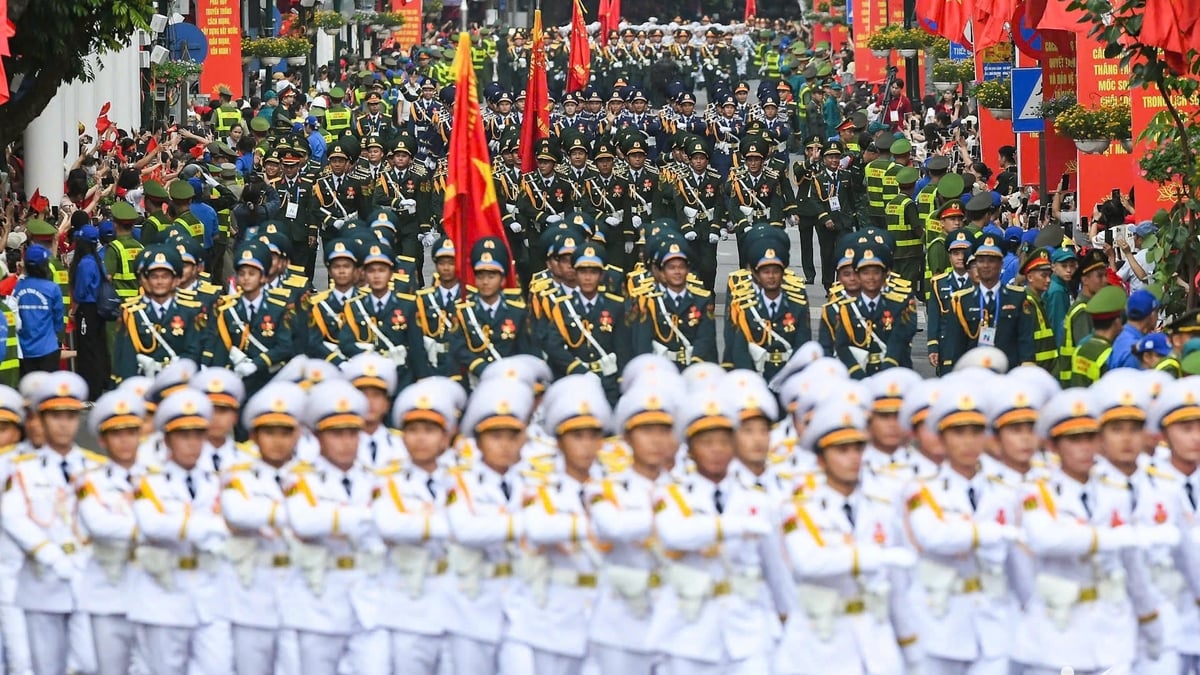
![[Photo] People eagerly lined up to receive special publications of Nhan Dan Newspaper](https://vphoto.vietnam.vn/thumb/1200x675/vietnam/resource/IMAGE/2025/8/30/53437c4c70834dacab351b96e943ec5c)



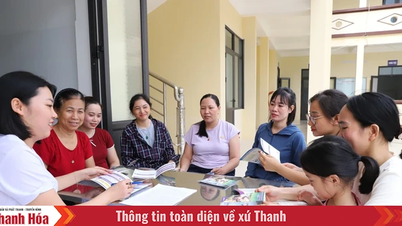


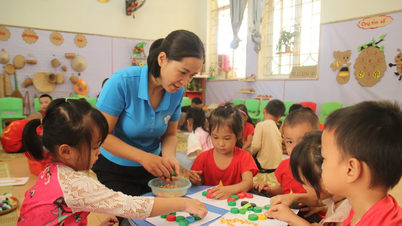







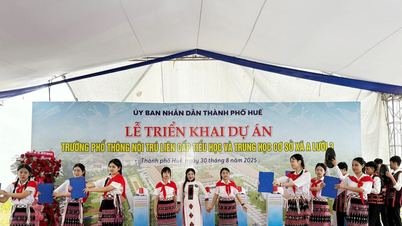
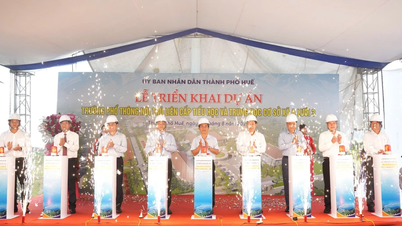








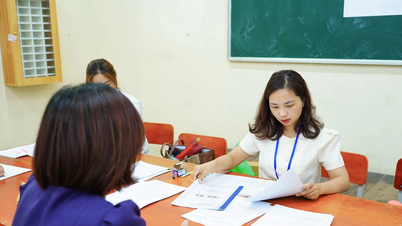
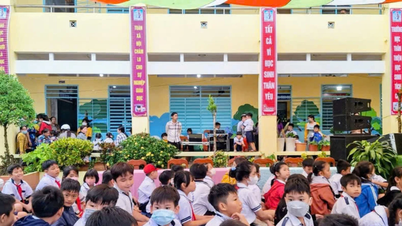

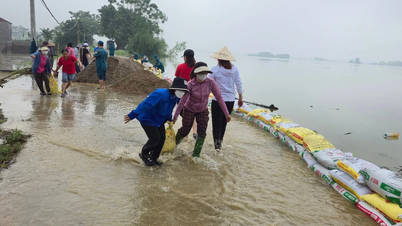
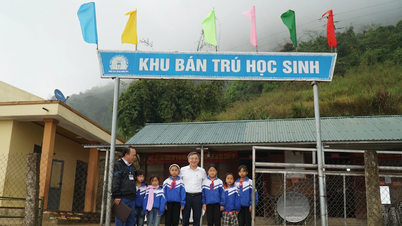
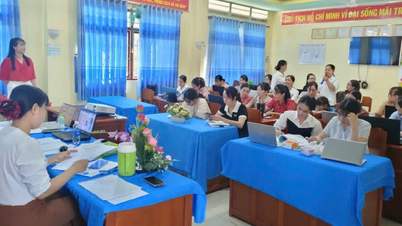

































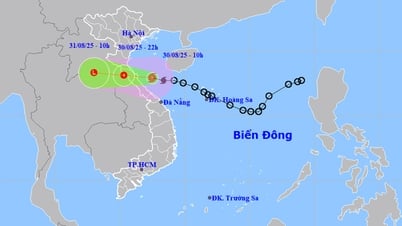



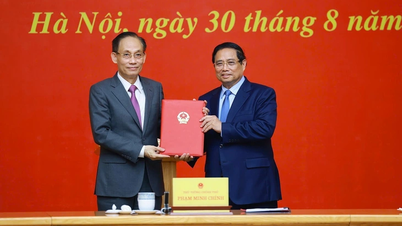
















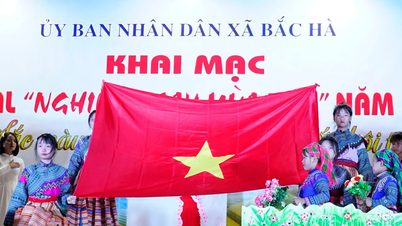
















Comment (0)